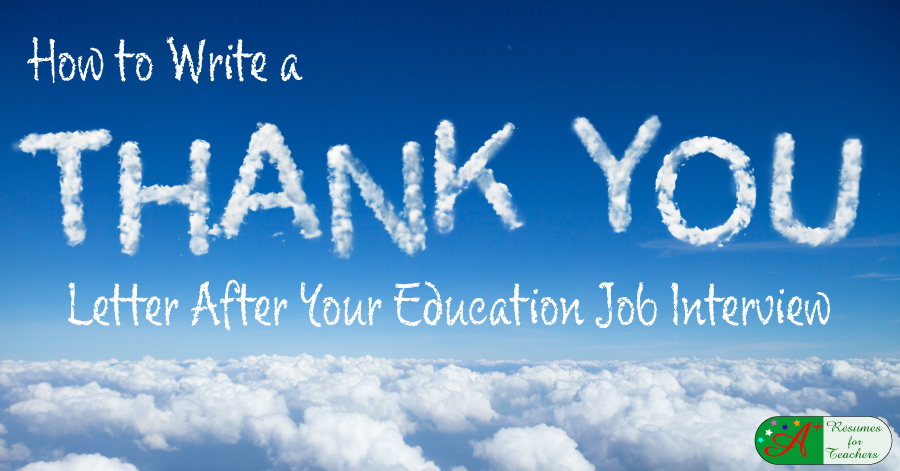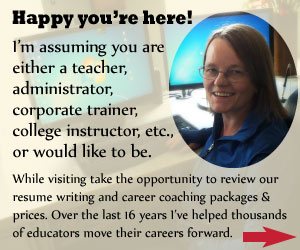
So right now you're thinking, "Perfect! My cover letter and resume secured a job interview, and the interview went brilliantly. I know they're interested in me and are going to hire me at any moment. I just have to sit back and wait for the offer, right?" WRONG!
Don't stop the campaign yet. It is a known fact that many hiring decisions rest on which candidate sends a thank you letter. Put the situation in perspective. Imagine a hiring manager, undecided between two "equally" qualified candidates. Then, one candidate sends a well-written thank you letter, and the other doesn't. Who do you think will receive the job offer? Not sending a thank you letter would be high on the list of interview mistakes.
Aside from the fact that a thank you letter is a marketing tool, it is common courtesy for job seekers to send a letter to all interviewers. Hiring managers know that those who send a letter are informed and following standard protocol. This practice also conveys manners, enthusiasm, and a positive attitude.

Timeliness is Important
It is best to write your letter and send it within 24 hours of your interview. So how do you create an effective and distinct thank you letter that will show you remain interested in the position? In an effective thank you letter, there are three or four paragraphs. The best advice is to make sure the letter is unique.
Make sure you address the letter to the person(s) who interviewed you; send the letter to each interviewer as well. Include the interviewer's name, title, organization, and complete mailing address. Ensure correct spelling of all names - if you are unsure of spelling, you may be able to obtain this information from the district's website or secretary/administrative assistant.
Opening Paragraph
Express your appreciation for the interviewer's time and the opportunity to meet or speak on the phone, depending on the type of teacher job interview you had. List the date of the interview and the position you applied for. Introductory examples may include:
Second Paragraph
Reinforce your understanding of the job's requirements and emphasize your qualifications. Include any information you forgot to mention in the interview, if necessary, but be brief. For instance, you may wish to include additional information about any research you did after the interview. Express appreciation for any opportunities presented during the interview, such as touring the school, meeting other faculty members, or reviewing specific school situations. Re-emphasize your most important teaching skills and qualifications, and how you expect to contribute to the school or district.
Alternative Format for the Second Paragraph
Instead of using a paragraph format for the main body of your teacher thank you letter, you might choose to use bullet points. These allow you to really highlight and showcase your unique talents, skills, and other qualities you can bring to a school setting.
You may select specific lines from your resume, cover letter, and/or job interview to use in your document. Some examples include:

Third paragraph
Use an additional paragraph if you need to correct any **significant** misunderstanding that may have occurred during the interview. Alternatively, use this paragraph to counter any objection the interviewer raised about an aspect of your background or current situation. Be extremely careful with how you word this information. However, this paragraph may not be applicable to you at all.
Final paragraph
Express continued interest in the position and the school district. For instance, include phrases such as:
If you are planning on attending more interviews, we have an abundance of information on the website related to teacher interviews.
Please reach out to me, if you need help with any stage of your job search. Whether you need assistance to prepare for the interview or resume writing help.
Candace Alstad-Davies | Email: candoco@telus.net
Toll Free: 1-877-738-8052 | Local / Int'l: 780-513-0010
© A+ Resumes for Teachers 2001 - 2025
Free Interview Questions and Answers - Instant Download